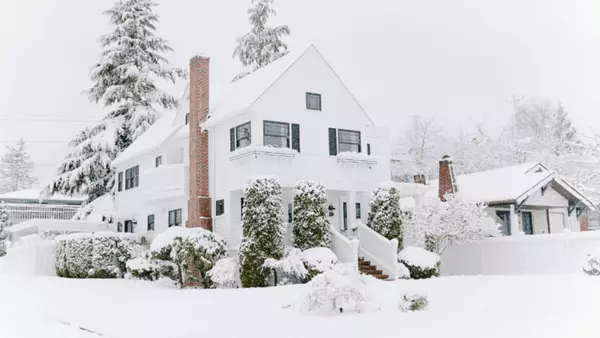What Buyers Need To Know About Homeowners Association Fees

When searching for a new home—especially a condo, townhouse, or home in a planned community—chances are you’ll encounter something called a Homeowners Association (HOA). While HOAs are designed to help maintain and improve the quality of life in a neighborhood, they come with monthly or annual fees that every buyer should carefully consider.
Whether you're a first-time buyer or simply new to HOAs, here’s what you need to know.
What Is an HOA?
A Homeowners Association is an organization that manages a residential community. This could include single-family homes, condominiums, or townhomes. The HOA is typically responsible for maintaining common areas, enforcing community rules, and ensuring that the neighborhood stays in good condition.
To fund these services, the HOA collects fees from each homeowner.
What Do HOA Fees Cover?
The services covered by HOA fees can vary widely based on the type of property and the community. Common inclusions may be:
-
Landscaping and grounds maintenance
-
Snow removal and trash pickup
-
Pool, gym, or clubhouse access
-
Roof and exterior maintenance (especially in condos)
-
Insurance for common areas
-
Security services or gated access
-
Pest control in shared spaces
Some luxury communities may even offer concierge services or host community events, all funded by these fees.
How Much Are HOA Fees?
HOA fees can range from less than $100 to several thousand dollars per month depending on:
-
The amenities offered
-
The location and size of the development
-
The age and condition of the property
-
Reserve funds and ongoing maintenance needs
In general, condos often have higher HOA fees than single-family homes because more maintenance and amenities are typically involved.
What to Watch Out For
Before buying into an HOA community, consider these important factors:
1. Understand What’s Included
Make sure you know exactly what the fees cover—and just as importantly, what they don’t. For example, some may include water, sewer, and cable, while others don’t.
2. Review the HOA’s Financial Health
A well-run HOA will have reserves set aside for major repairs and long-term maintenance. Ask to see the budget and reserve fund disclosures. A poorly managed or underfunded HOA may hit you with surprise assessments.
3. Read the Rules
HOAs often come with a set of Covenants, Conditions & Restrictions (CC&Rs), which dictate what you can and can’t do with your property—like paint colors, parking rules, and even holiday decorations.
4. Assess Future Increases
HOA fees are not set in stone. Ask if there are planned increases or recent special assessments. If the fees have risen dramatically in the past few years, it might be a red flag.
Are HOA Fees Worth It?
That depends. Some buyers love the convenience of not having to worry about exterior maintenance or landscaping. Others may prefer the freedom of a standalone home with no extra fees or rules.
HOA communities can offer a sense of order, curb appeal, and community amenities—but it's important to make sure the value aligns with your lifestyle and financial goals.
Final Thoughts
HOA fees aren’t necessarily a deal-breaker, but they are a critical piece of the financial puzzle when buying a home. Always factor them into your budget, do your due diligence, and ask plenty of questions before making a decision.
Buying a home is one of the biggest investments you'll make—understanding how HOA fees fit into the picture will help you make a confident and informed choice.
Categories
- All Blogs (277)
- All about Boston (47)
- Buyer Tips (128)
- FUN Facts (10)
- Home Décor Ideas (25)
- Home Maintenance and Safety Tips (13)
- Infographics (10)
- Investing (68)
- Monday Motivation (6)
- Real Estate (73)
- Seller Tips (97)
- Storage and Organization (8)
- The Open Door Podcast (2)
- The truth about Real Estate (126)
- Tips (80)
Recent Posts











"My job is to find and attract mastery-based agents to the office, protect the culture, and make sure everyone is happy! "
